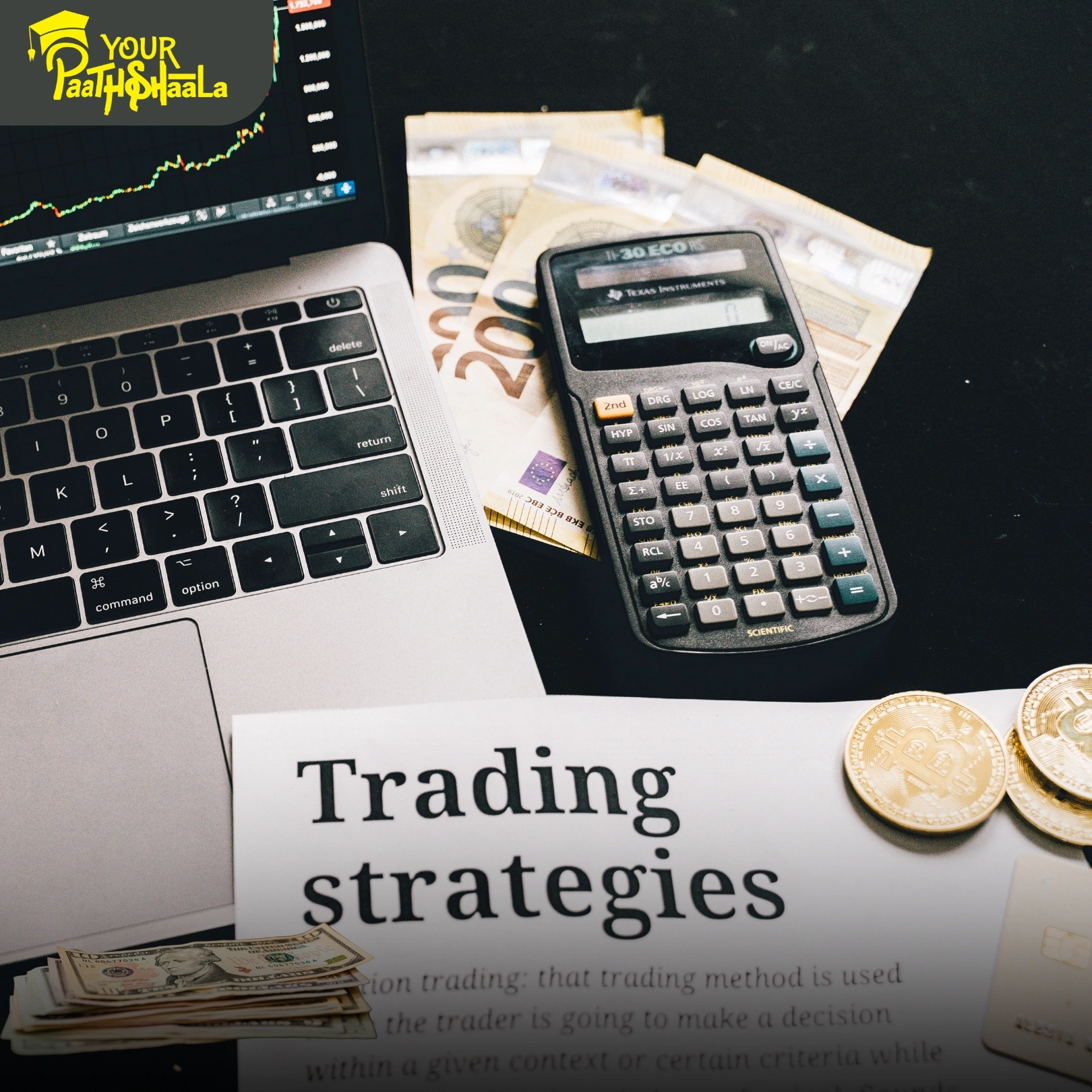What is a Stock Exchange and How Does It Work?

A stock exchange is a regulated marketplace where investors buy and sell financial securities such as stocks, bonds, and derivatives. It plays a crucial role in the global economy by helping businesses raise capital and providing investors with a platform to trade assets.
How Does a Stock Exchange Work?
Stock exchanges follow a structured process to ensure smooth and transparent trading. Here’s how they operate:
- Listing of Securities – Companies list their shares on a stock exchange through an Initial Public Offering (IPO). This process allows them to raise capital from public investors.
- Trading Mechanism – Once listed, stocks are bought and sold through electronic trading systems. Orders are matched based on price and time priority, ensuring fairness.
- Price Discovery – The market actively determines stock prices based on supply and demand, reflecting real-time changes.
- Settlement and Clearing – After executing a trade, clearinghouses ensure secure fund and stock transfers between buyers and sellers, minimizing risks.
- Regulation and Compliance – Exchanges operate under strict regulations to prevent fraud and protect investors, ensuring trust in the financial system.
Key Functions of a Stock Exchange
Stock exchanges serve several vital functions, including:
Capital Formation – They help companies raise money for expansion and innovation, boosting economic progress.
Liquidity Provision – They allow investors to buy and sell stocks easily, ensuring a dynamic market.
Price Transparency – They display real-time stock prices, allowing informed decision-making.
Risk Management – Investors can hedge risks using derivatives and other financial instruments.
Market Surveillance – Exchanges continuously monitor trading activities to prevent manipulation and insider trading.
Types of Stock Exchanges
Stock exchanges are divided into two main categories:
Primary Market – Companies issue new stocks to the public through IPOs, allowing them to raise funds directly.
Secondary Market – Investors trade existing stocks, ensuring liquidity and fair pricing while enabling asset appreciation.
Importance of Stock Exchanges
Stock exchanges play a crucial role in the economy by:
Driving Economic Growth – They facilitate business expansion and job creation, supporting national progress.
Creating Wealth – Investors grow their capital over time by participating in the stock market.
Enhancing Market Efficiency – Exchanges ensure fair pricing and optimal resource allocation, improving financial stability.
Protecting Investors – Regulatory frameworks enforce transparency and market integrity, safeguarding participants.
Conclusion
A stock exchange is a fundamental part of the financial system, enabling companies to raise capital and providing investors with a secure trading platform. By understanding how stock exchanges work, investors can make smarter decisions and navigate financial markets confidently.
Meta Description: Learn what a stock exchange is, how it works, and why it’s essential for businesses and investors. A beginner-friendly guide to stock trading and market functions.






